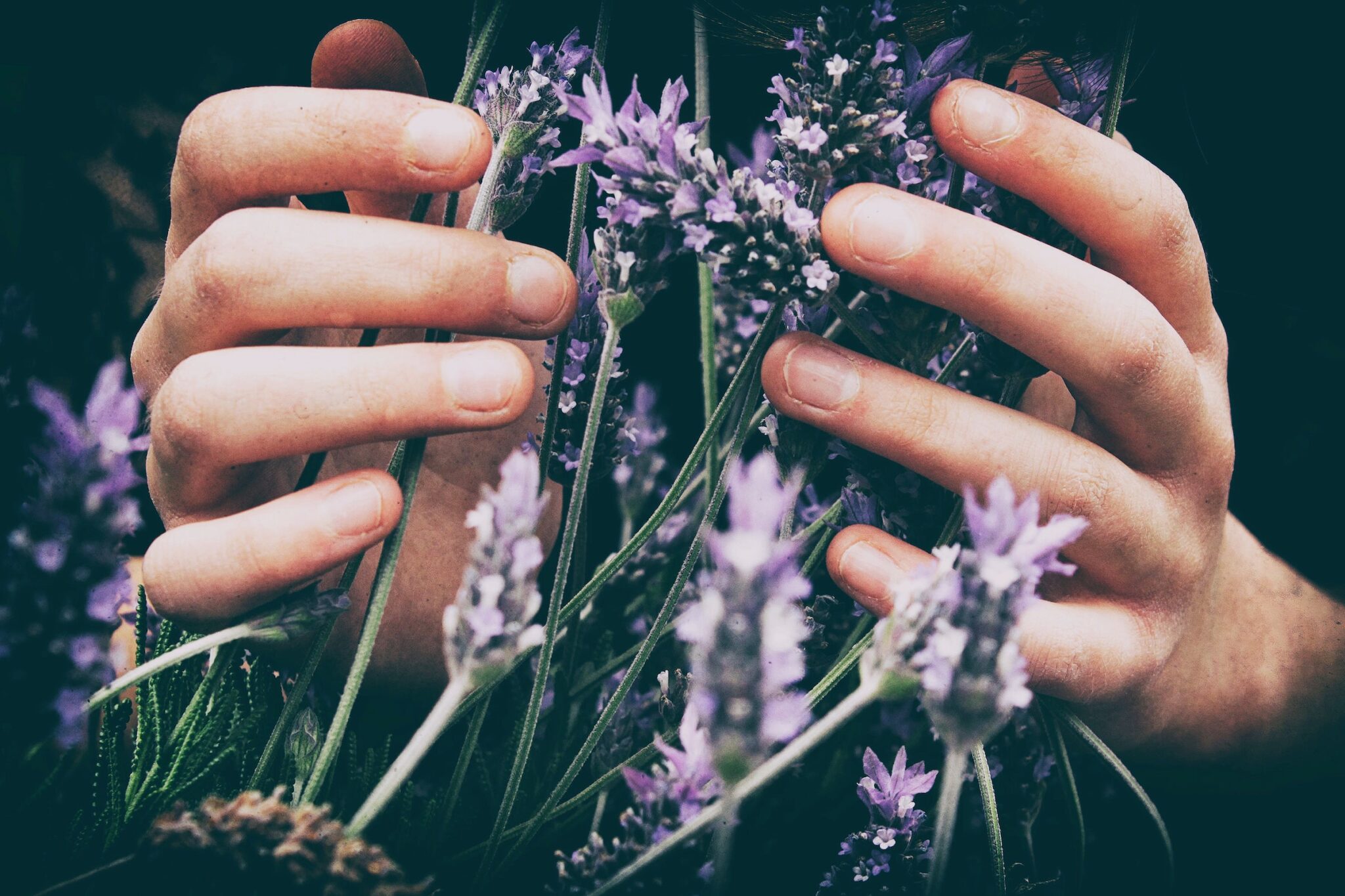Part 1: What is Codependency?

Some people give until it hurts. In many cases, they don’t even know why they do it. It comes as naturally as breathing. Codependency first appeared as a term used to describe a particular type of relationship dynamic—where one person in the relationship supports the other, even at their own expense. The relationship is often romantic, but it could also describe a familial relationship or a friendship.
At its core, codependency is a crisis of self. Normally, it’s wonderful for someone to be supportive and giving toward their partner. In a codependent relationship, however, the support-giver’s sense of self-worth is derived from knowing that the support-taker needs them, or the support-giver’s sense of safety is dependent on the support-taker being okay. The imbalance in give-and-take leads to unhealthy patterns of abuse, resentment, and neglect.
Causes of Codependency
In a codependent relationship, one person is the giver, and the other is the taker. While it may seem counterintuitive, the giver often struggles with insecurity and feelings of inadequacy. Being with someone who needs them makes them feel valued and needed. At the same time, the taker is usually someone who is struggling with their own issues—often but not always related to drug or alcohol abuse or other self-destructive behaviors.
Codependency is correlated to childhood trauma, a family history of substance abuse, or parental neglect. Children who grow up in unsafe, unstable environments survive by navigating the tempers and moods of their unreliable caretakers. They bite their tongue instead of sticking up for themselves, are quick to apologize even when something isn’t their fault and spend their time looking for ways to keep the people around them happy.
Is it any wonder that they grow up carrying those behaviors on into adulthood?
Signs of Codependency
Codependent relationships are often stormy, dramatic affairs. When you’re moving from crisis to crisis, there’s not much time to pause and think. During those weeks or months when things are calm, you’re often too busy enjoying the peace to analyze the behavior patterns at play. That being said, the most obvious indicator that a relationship is codependent is simple: imbalance.
Here are some questions you can ask yourself to help determine if your behaviors are codependent in nature:
- Are you worried about being left or abandoned?
- Do you feel responsible for your partner’s happiness?
- Is it difficult for you to set clear boundaries?
- How often do you put your own needs before other people’s needs?
- Does it feel uncomfortable or selfish to make time for your interests?
- Are you angry that your partner isn’t more grateful for your sacrifices?

People with codependent tendencies often lose track of their own identity and interests. Take a second to think about your relationship history, and consider the following: Have you sacrificed your own hobbies, interests, and friendships? Do you still have a life outside of your partner?
Codependent Patterns
When someone suffers from codependency, they’re more likely to be taken advantage of by the people around them. Their willingness to accept abuse and neglect in silence is enough to cause an already unhealthy dynamic to become abusive. Even in what might otherwise be a healthy relationship, when one person has codependent tendencies, it creates the conditions for abuse.
A codependent partner may sacrifice their own values and needs to support their partner’s unhealthy behaviors. This can lead to controlling behaviors on their part and resentful or abusive behavior on the part of the support-taker. Codependent people often stick around in relationships long after they should have left—not because they don’t realize how unhealthy the situation is, but because they feel guilty or are afraid of being alone.
Counseling
Codependency is not an easy issue to tackle. If you’re interested in getting more insight into the nature of codependency, please don’t hesitate to reach out and schedule an appointment.





